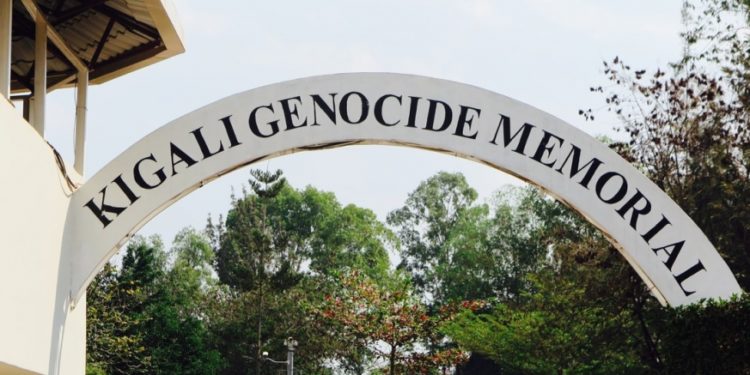The three Genocide fugitives arrested separately in Belgium this week were indicted for Genocide and extermination according to the Prosecutor’s office in Kigali.
The three are Pierre Basabose, Séraphin Twahirwa and Christophe Ndangali.
According to officials from the National Public Prosecution Authority (NPPA), Basabose was indicted in June 2015 for the crimes of Genocide and extermination.
He is a former soldier who had quit the military to venture into business. He owned a foreign exchange bureau in Kigali.
He is, according to Prosecution, known to have distributed guns and money to Interahamwe militia so they kill the Tutsi in the suburbs of Gatenga and Gikondo in Kigali.
Twahirwa on the other hand worked in the Ministry of public works (Minitrape), which is the current infrastructure ministry.
He was indicted in June 2014, according to information from prosecution.
He is accused of Genocide, conspiracy and extermination.
He formed an Interahamwe millitia group that called itself Operation CDR Suicide Kimya, which comprised 600 murderers that killed the Tutsi in Karambo/Gatenga and in Gikondo.
Prosecution also says he worked in the Interahamwe headquarters.
Ngangali worked in the Ministry of Primary and Secondary Education (Minipresec).
He was indicted in November 2012 for Genocide, conspiracy and extermination.
According to Prosecution, he was in charge of patrolling and inspecting roadblocks in Kacyiru and Giticyinyoni areas of Kigali.
He is also known to have presided over meetings that planned killings in Gisenyi (now Rubavu) and Ruhengeri (Musanze) areas.
The three are not the first Rwandans to be apprehended by Belgium on genocide charges.
Last December, a Belgian court sentenced Genocide suspect Fabien Neretse, 71, to 25 years in jail after being found guilty of Genocide, murder, war crimes and crimes against humanity.
This was not the first Genocide trial in the Kingdom of Belgium, but it was the first time that criminal prosecution and conviction was based on a law punishing genocide, introduced there in 2017.
The trial of Neretse was the fifth trial held in Brussels connected to the 1994 Genocide.
Previous trials including that of two Catholic nuns, found guilty, in 2001, of participating in the massacre of more than 7,600 people at the Sovu convent in Butare, were based on a universal jurisdiction punishing people for war crimes and crimes against humanity.
Initially, three trials; the one of Neretse, Emmanuel Nkunduwimye and Ernest Gakwaya were to happen at the same time.
On October 9, 2019, a court decided to first hear Neretse’s case separately.
The rationale was that the other two’s charges were over killings committed in Kigali alone yet Neretse’s crimes were also committed in his home region, formerly Ruhengeri, now Musanze.
The two other trials are expected to start end of this year.
The two other suspects – arrested in 2011 in Brussels – Nkunduwimye and Gakwaya are, among others, suspected of having been active members of the Interahamwe militia, something they deny.
Formed around 1990, the Interahamwe was the youth wing of the MRND, the then-ruling party which spearheaded the 1994 Genocide.









